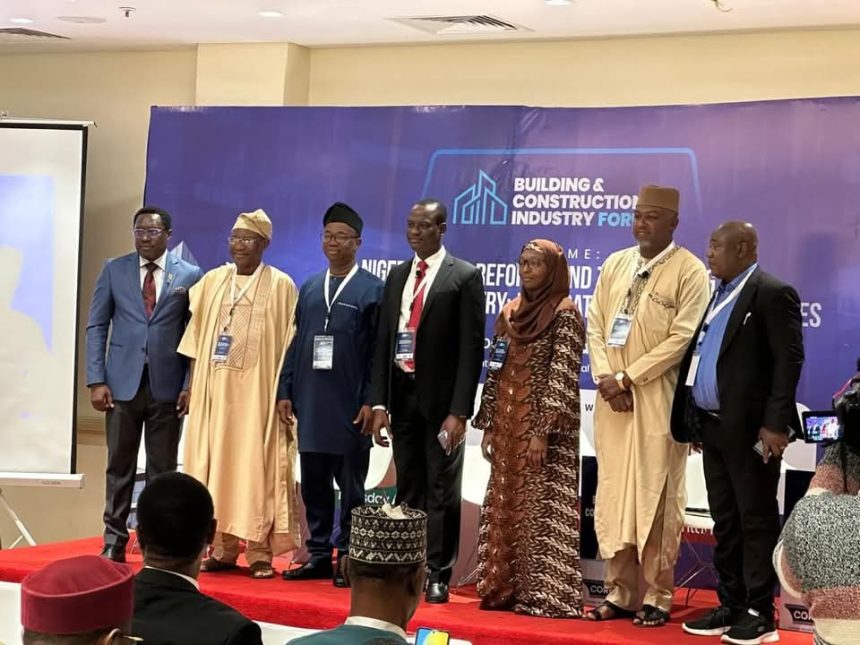The Chairman of the Presidential Committee on Fiscal Policy and Tax Reforms, Mr. Taiwo Oyedele, has announced that Nigerians are about to witness major reforms in land transactions, particularly in the areas of land titling and the harmonization of property taxes.
These developments form part of the opportunities emerging for stakeholders in the building and construction sector, as contained in the 2024 Tax Bill currently before the Senate for approval.
Mr. Oyedele made this known during a meeting organized by the Council of Registered Builders of Nigeria (CORBON) and Housing Development Advocacy Network with the theme: “Nigeria’s Tax Reforms and the Building and Construction Industry: Implications and Opportunities.”
He emphasized that the new tax reforms are designed to stimulate growth and investment in the building and construction sector by addressing long-standing tax burdens and regulatory barriers.
Under the new reforms, land, property sales, real estate transactions, and rental payments are now exempted from Value Added Tax (VAT). This measure is expected to reduce the overall cost of acquiring and renting property, making housing more affordable and encouraging real estate investment.

Rent payments below ₦10 million per annum will no longer attract stamp duties. This is a significant relief for tenants and landlords, especially in the low- to middle-income housing market.
The sale of dwelling houses will be exempted from capital gains tax—a move expected to encourage homeownership and stimulate activity in the residential housing market.
Construction services will now be subject to a maximum of 2% withholding tax, with certain services excluded. This adjustment is designed to ease cash flow challenges for contractors and construction companies.
The building and construction sector has also been classified as a priority sector. This means that the production of building materials—including non-metallic products—is now eligible for fiscal incentives to promote local manufacturing and reduce dependence on imports.
In addition, the government is pushing for land reforms aimed at harmonizing property taxes and improving the efficiency of land titling processes across the country. These reforms are expected to eliminate bureaucratic delays and enhance transparency in land transactions.
According to Mr. Oyedele, these changes reflect the government’s commitment to creating an enabling environment for growth in the housing and construction industries, while also promoting long-term fiscal sustainability.
Ubong Usoro



